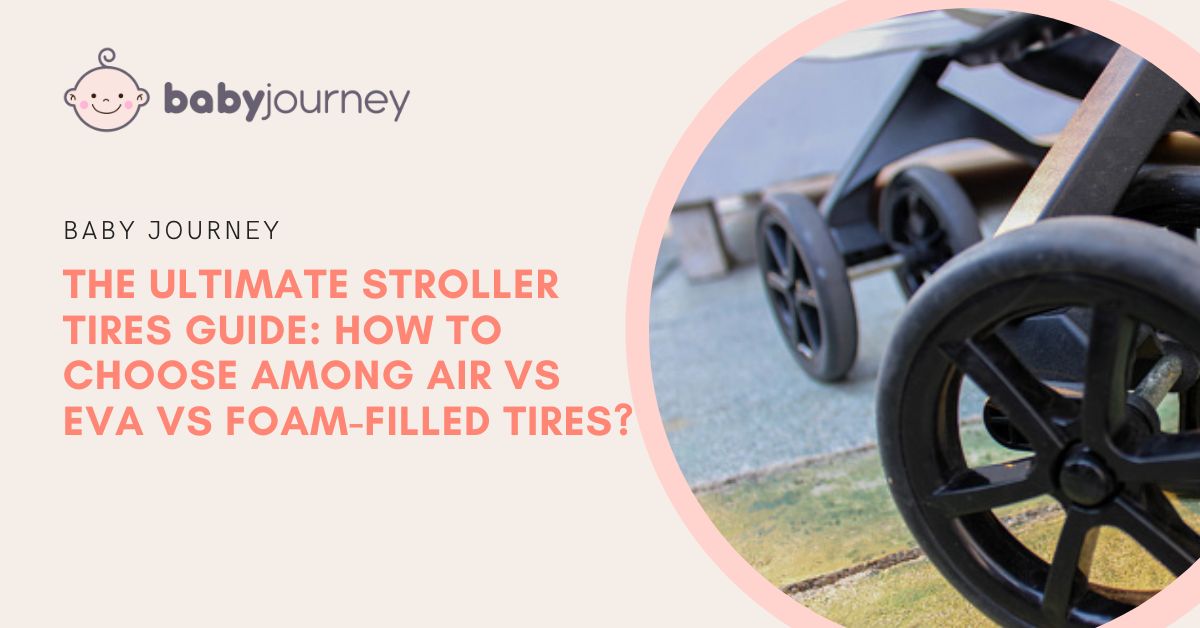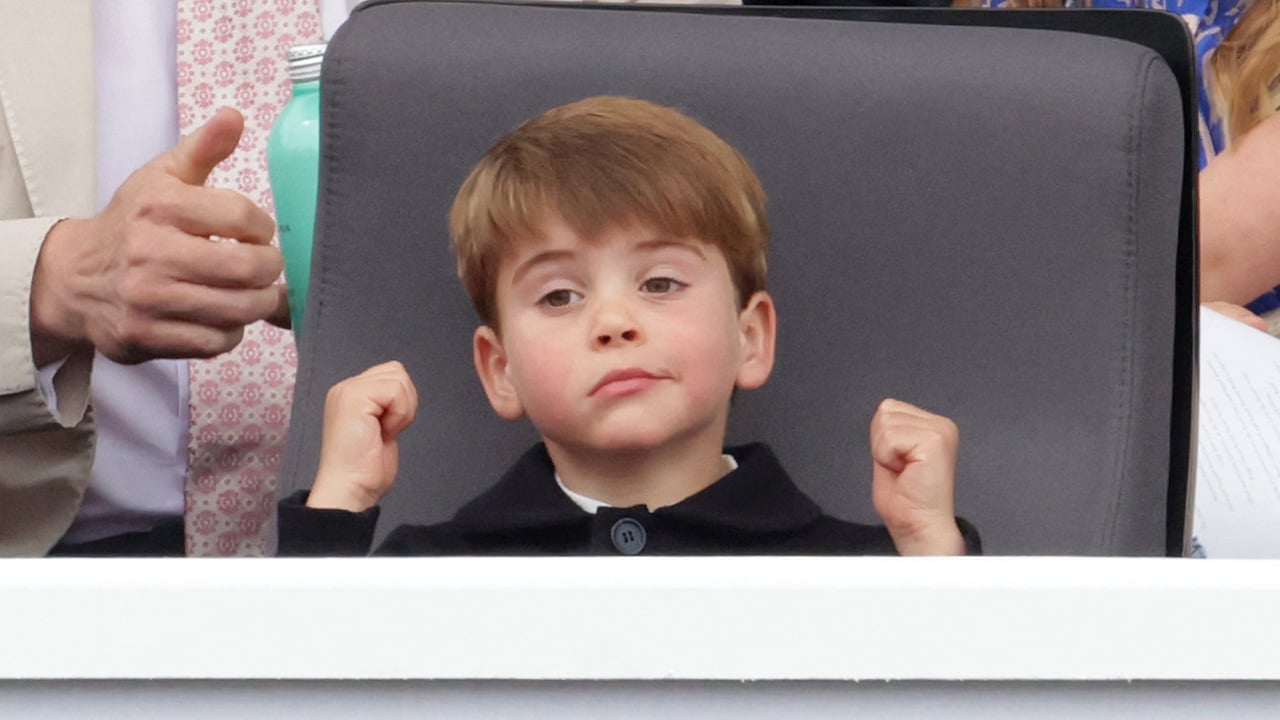We love our kids, we want to be part of their lives but “We” can become a problem. As a school counselor and adolescent therapist, I’d like to offer a type of “we” sport I observe with some frequency, and it’s one I’m going to suggest parents try their best to avoid: “We Parenting”.
You can tell you’re We Parenting if you catch yourself inadvertently talking about your KID’s pursuits along these lines:
“WE have a biology test on Thursday, and WE’ve been studying like crazy.”
“WE have an ice skating lesson after school today then math tutoring.”
“WE are taking our driver’s exam next week.”
“WE have been diagnosed with anxiety, and WE are starting on meds.”

How you know when you’ve slipped into “We Parenting”
You’ve slipped into We Parenting when you start talking about your child’s pursuits as though they are also your own. Yes, of course, many parents are involved in making their child’s pursuits come to fruition–think chauffeur duty, short-order cook duty, ATM machine duty, cheerleader duty to name a few.
But there is a massive difference between being a facilitator and a participant, and, in We Parenting, the line seems to get unconsciously blurred, often in the name of love, connection, and I’d venture also fear.
When I hear We Parenting in action, alarm bells go off in my head, because…well…boundaries. A teen’s job during adolescence is individuation—to pull away from the family of origin, bump up against the outside world, and figure out who they heck they are and what they have to contribute to this wide and wonderful world. And I get it…this whole pulling away, figuring-stuff-out-on-their-own process can be pretty scary for us parents to watch from the sidelines.
We must learn to tolerate our teens’ efforts at individuation
But, for the sake of our kids, that is distress we must learn to tolerate.
With We Parenting, one of two circumstances is likely at play. EITHER, the kid is doing all the right stuff in terms of individuation and thoroughly resents the parent’s persistent attempts to live vicariously through the teen’s pursuits. I
n that case, the teen often starts keeping things from the parent just to avoid the feeling smothered, thereby resulting in a communication and subsequent trust breakdown between parent and child—ironically the exact OPPOSITE of what the We Parent is likely seeking. We Parenting generally comes from a place of (over) connection.
More often, however, the child of a We Parent doesn’t even realize what’s happening. The child assumes it’s normal for mom or dad to be so entangled in the life of the child. Consequently, when the child encounters a problem, she is more likely to turn to the parent for help before trying to figure out a solution on her own—just like she did when she was little. These kids are at risk for failing to develop problem solving skills, for a lack of resilience, and for not using adolescence to do the necessary work of individuation.
In severe cases, when it’s time for said child to launch, there are often significant bumps in the road for the underprepared kid and for the parent, who has forgotten to maintain a life of their own as they raised their kid. Neither is capable of navigating the world without the other. In therapy, we call this phenomenon enmeshment.
The consistent, loving, and appropriately boundaried parent-child relationship is a foundational building block for a child’s ultimate ability to forge meaningful relationships outside of the family, relationships that are also marked by mutuality, appropriate boundaries, and trust. And I’d wager that most well-meaning parents want nothing more than for their children to find fulfilling and fruitful connections with friends, romantic partners, and colleagues, in childhood and beyond.
Helping children feel like whole and complete beings who are separate from their parents is a critical first step in that process.
We can’t avoid the loss associated with parenthood
But this call to action can be quite a tall order, given that the hearts of children walk around inside of the hearts of their parents! It’s no surprise that parenting is a game of love and loss. My theory is that We Parenting happens when parents subconsciously try to avoid the loss associated with their role.
If it’s the job of the teen to work through individuation, it’s the job of the parent to raise a young person ready for the world of “adulting.” And that’s hard to do when we are also We Parenting. I urge parents everywhere to check your “we” language and work hard to disengage from We Parenting.
More Great Reading:
Why We Need to Share Our Struggles in Parenting Teens

 PARENTING TIPS
PARENTING TIPS PREGNANCY
PREGNANCY BABY CARE
BABY CARE TODDLERS
TODDLERS TEENS
TEENS HEALTH CARE
HEALTH CARE ACTIVITIES & CRAFTS
ACTIVITIES & CRAFTS


